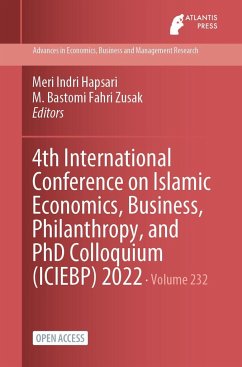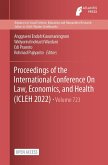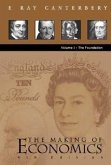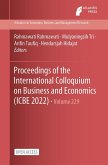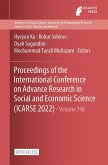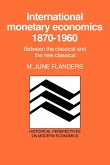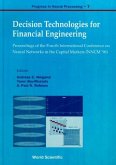This is an open access book. The success of the 1st, 2nd ICIEBP 2017 and 2018 in Universitas Pendidikan Indonesia (UPI) Bandung and Universitas Airlangga (UNAIR) Surabaya, Indonesia that brought a wide range of participants did not stop the courage of us to conduct the 3rd ICIEBP virtually on 2020 adapting the pandemic situation in mind that the conference attendees gained vital insights into Islamic economics from different viewpoints. Moreover, to maintain the continuity of the Islamic Economics conference in presenting insights, sharing, and executing ideas presented by innovative researchers, experts and practitioners, organising these innovative discussion forums at the highest level is necessary. Therefore, the Department of Islamic Economics Faculty of Economic and Business Universitas Airlangga, in collaboration with the Department of Islamic Economics Faculty of Economics and Business Education, UPI proudly presents "The 4th International Conference on Islamic Economics, Business, and Philanthropy (ICIEBP)" that was held on 4 - 5 October 2022 in Surabaya, Indonesia. The theme, as well as the main objective, of the conference, is "Integration of Islamic Economics, Finance and Philanthropy for Sustainable Development of Cities and Communities". This conference program will elaborate on how a nation can achieve sustainable development and at the same time solve socioeconomic problems such as poverty. In addition, the Islamic perspective as a new and emergent pattern has demonstrated an unprecedented performance in terms of transforming Muslim societies and beyond.

